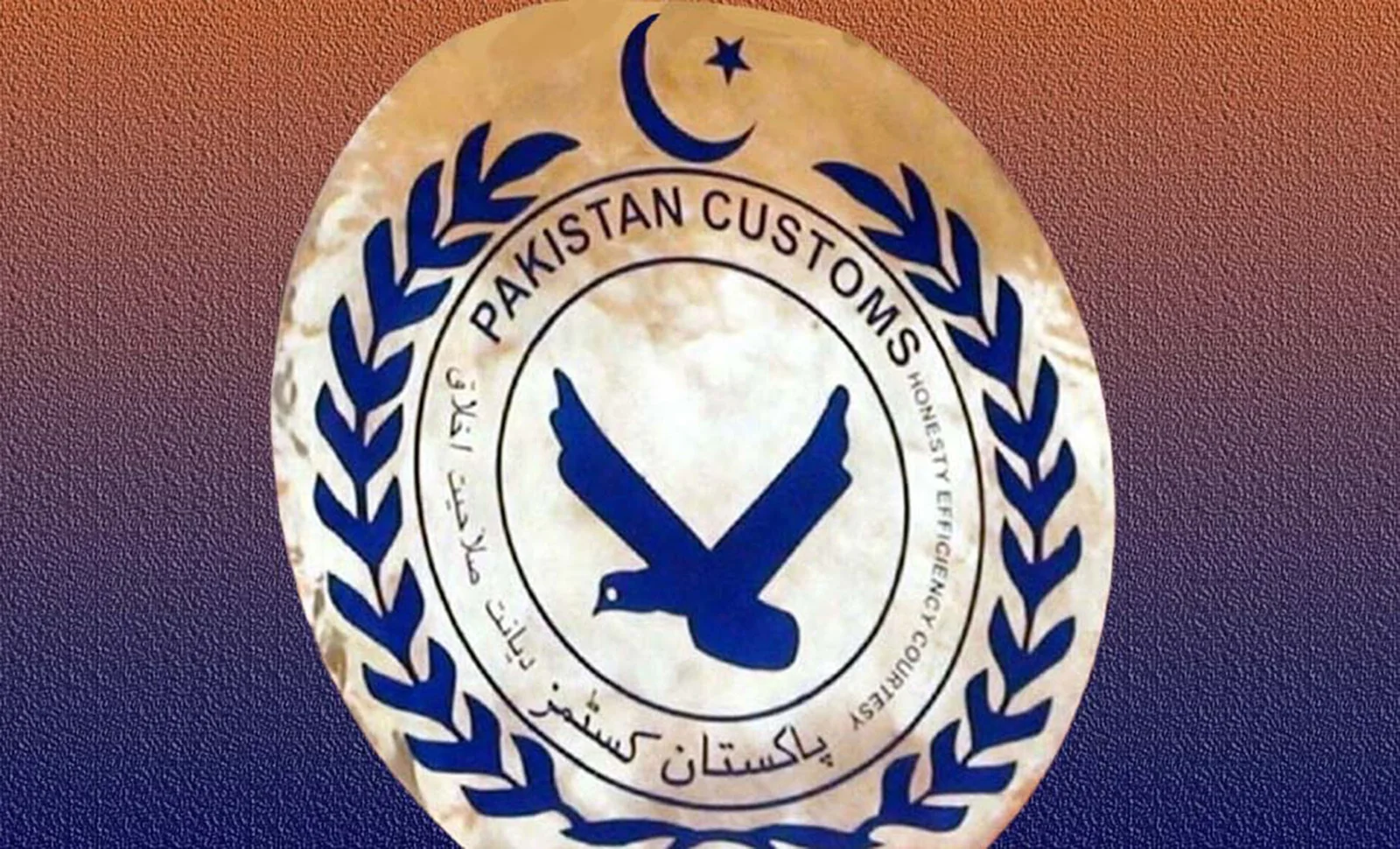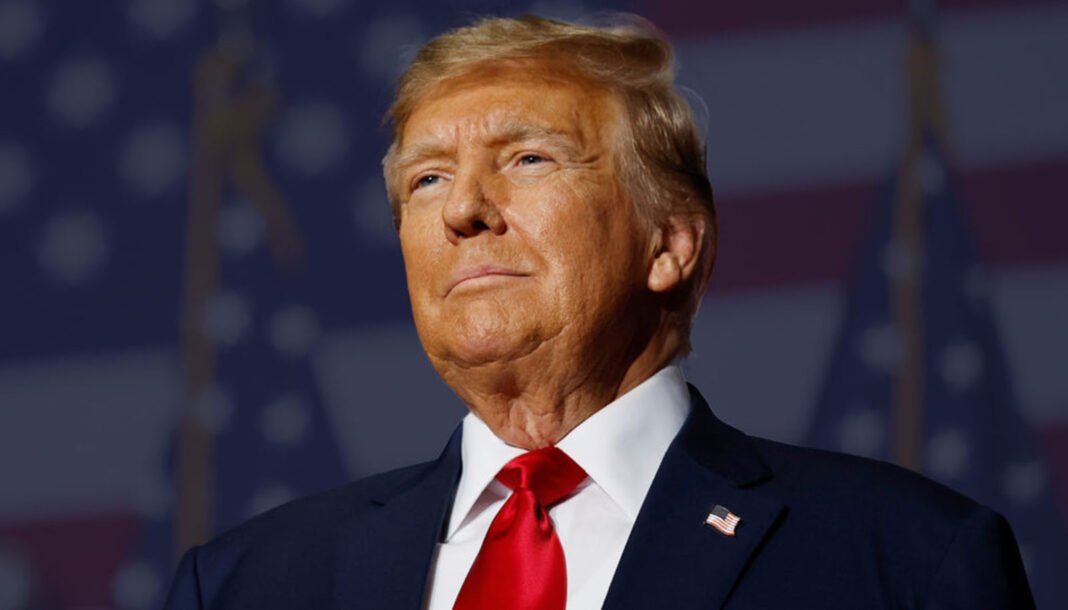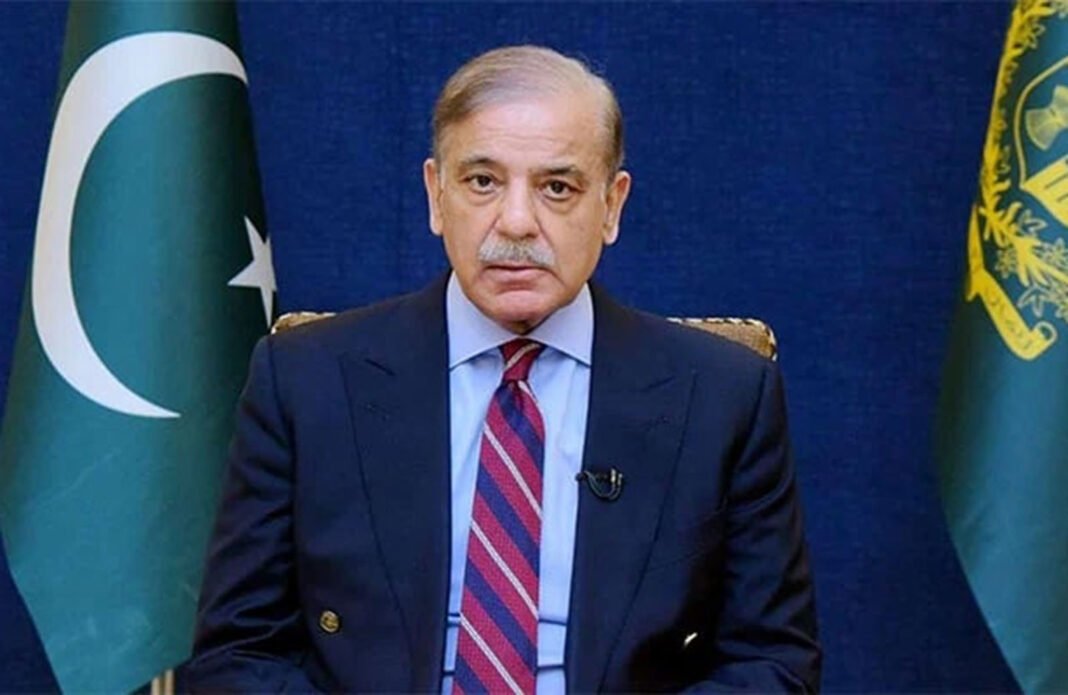A sprawling network of corruption within the Pakistan Customs, especially in the Quetta region, has once again come to the surface unmasking deep-rooted collusion, protection by high-ranking officials, and systemic exploitation of state machinery for private enrichment. What started with a seizure of contraband by the Taftan Rifles worth approximately Rs5 billion quickly devolved into a full-blown scandal implicating collectors, deputy collectors, inspectors, and political allies.
Instead of transferring the seized goods to the nearest Customs check posts like Dalbandin or Naukundi, two inspectors Watan Dost and Najeebullah were suspiciously dispatched from Quetta, hundreds of kilometers away, to take possession. These inspectors are known close associates of Ahad Durrani, a central figure in this unfolding web of corruption. Despite the availability of secure and better-equipped facilities nearby, this deliberate detour allowed the illicit plan to unfold.
Once the goods reached Quetta, only a fraction just Rs1.22 million worth was deposited at the Bulleli warehouse. The rest had either disappeared or been tampered with. High-grade betel nut was replaced with rotting stock, hazardous materials substituted, and auctionable goods underreported or left behind.
This wasn’t an isolated event. It’s part of a well-oiled mechanism that spans the entire border belt from Taftan to Quetta where smuggled goods routinely move through check posts by paying fixed bribes ranging from Rs35,000 to Rs200,000 per vehicle. From Nokundi to Lakpass, Durrani’s influence ensured the posting of loyal inspectors like Khanesh Rathi, Faraz Fayaz, Zeeshan Alam, and Watan Dost, who became de facto gatekeepers of this revenue-draining operation. These officers, despite poor performance records, have remained untransferred for over a year while honest officers were sidelined and humiliated.
Insider accounts suggest that inspectors posted at critical junctions like Ziarat Cross and Manikhawa amassed massive illegal fortunes—up to Rs25 crore in two months, or even more in some cases. Faraz and Khanesh operated Ziarat Cross during the tenure of Collector Tahir Qureshi and ADC Yousaf Magsi. Both were later moved to Dalbandin and Quetta mobile squads, where they reportedly continued working in tandem with Durrani. Zeeshan Alam, another key player, remains posted at Manikhawa and is accused of collecting over Rs50 crore through similar means.
In one major blunder-turned-exposure, Inspector Zain Malik was caught letting three untaxed vehicles pass at Taftan. Under pressure from security agencies, these vehicles were intercepted at Nokundi and Dalbandin. Zain was suspended and subjected to an inquiry. Yet, the masterminds behind the scheme remained untouched, and the question still hangs: If three vehicles were caught, how many more went undetected?
Deputy Collector Shah Faisal, a key actor in this scandal, reportedly secured a ‘smuggling contract’ worth Rs240 million from Collector Muhammad Ismail. Shah Faisal’s link to a senior political figure former Caretaker PM Anwarul Haq Kakar has reportedly shielded him from any accountability. Despite his proximity to influential power circles, recent efforts led by Member Customs Dr. Fareed Iqbal Qureshi and Chief Collector Abdul Qadir Memon finally forced the transfer of Ismail, Faisal, and Additional Collector Rashid Munir. Intelligence Bureau (IB) and ISI reports have substantiated the case, and there is increasing pressure to initiate formal suspensions and criminal proceedings.
The pattern is unmistakable. Customs officials handpicked by Durrani and his protectors are systematically deployed at high-value smuggling routes, where enforcement is merely a façade. Inspectors defy orders with impunity, knowing full well that Durrani’s shadow covers them. Even as COAS General Asim Munir’s anti-smuggling campaign had earlier curbed smuggling by 60%, a post-election resurgence in organized smuggling has undermined those gains.
This isn’t just a customs issue it’s a matter of national security and economic sovereignty. Billions are being siphoned off in plain sight, protected by a toxic nexus of officials, politicians, and enablers within the system. Unless a comprehensive and independent inquiry is launched focusing on Durrani, his close network of inspectors, and the bureaucrats who shielded them this culture of impunity will persist.
The question remains: Why have the FBR, Prime Minister’s Office, and investigative agencies continued to look the other way for so long? And more critically how much longer can Pakistan afford the cost of their silence?
A sprawling network of corruption within the Pakistan Customs, especially in the Quetta region, has once again come to the surface unmasking deep-rooted collusion, protection by high-ranking officials, and systemic exploitation of state machinery for private enrichment. What started with a seizure of contraband by the Taftan Rifles worth approximately Rs5 billion quickly devolved into a full-blown scandal implicating collectors, deputy collectors, inspectors, and political allies.
Instead of transferring the seized goods to the nearest Customs check posts like Dalbandin or Naukundi, two inspectors Watan Dost and Najeebullah were suspiciously dispatched from Quetta, hundreds of kilometers away, to take possession. These inspectors are known close associates of Ahad Durrani, a central figure in this unfolding web of corruption. Despite the availability of secure and better-equipped facilities nearby, this deliberate detour allowed the illicit plan to unfold.
Once the goods reached Quetta, only a fraction just Rs1.22 million worth was deposited at the Bulleli warehouse. The rest had either disappeared or been tampered with. High-grade betel nut was replaced with rotting stock, hazardous materials substituted, and auctionable goods underreported or left behind.
This wasn’t an isolated event. It’s part of a well-oiled mechanism that spans the entire border belt from Taftan to Quetta where smuggled goods routinely move through check posts by paying fixed bribes ranging from Rs35,000 to Rs200,000 per vehicle. From Nokundi to Lakpass, Durrani’s influence ensured the posting of loyal inspectors like Khanesh Rathi, Faraz Fayaz, Zeeshan Alam, and Watan Dost, who became de facto gatekeepers of this revenue-draining operation. These officers, despite poor performance records, have remained untransferred for over a year while honest officers were sidelined and humiliated.
Insider accounts suggest that inspectors posted at critical junctions like Ziarat Cross and Manikhawa amassed massive illegal fortunes—up to Rs25 crore in two months, or even more in some cases. Faraz and Khanesh operated Ziarat Cross during the tenure of Collector Tahir Qureshi and ADC Yousaf Magsi. Both were later moved to Dalbandin and Quetta mobile squads, where they reportedly continued working in tandem with Durrani. Zeeshan Alam, another key player, remains posted at Manikhawa and is accused of collecting over Rs50 crore through similar means.
In one major blunder-turned-exposure, Inspector Zain Malik was caught letting three untaxed vehicles pass at Taftan. Under pressure from security agencies, these vehicles were intercepted at Nokundi and Dalbandin. Zain was suspended and subjected to an inquiry. Yet, the masterminds behind the scheme remained untouched, and the question still hangs: If three vehicles were caught, how many more went undetected?
Deputy Collector Shah Faisal, a key actor in this scandal, reportedly secured a ‘smuggling contract’ worth Rs240 million from Collector Muhammad Ismail. Shah Faisal’s link to a senior political figure—former Caretaker PM Anwarul Haq Kakar—has reportedly shielded him from any accountability.
Despite his proximity to influential power circles, recent efforts led by Member Customs Dr. Fareed Iqbal Qureshi and Chief Collector Abdul Qadir Memon finally forced the transfer of Ismail, Faisal, and Additional Collector Rashid Munir. Intelligence Bureau (IB) and ISI reports have substantiated the case, and there is increasing pressure to initiate formal suspensions and criminal proceedings.
The pattern is unmistakable. Customs officials handpicked by Durrani and his protectors are systematically deployed at high-value smuggling routes, where enforcement is merely a façade. Inspectors defy orders with impunity, knowing full well that Durrani’s shadow covers them. Even as COAS General Asim Munir’s anti-smuggling campaign had earlier curbed smuggling by 60%, a post-election resurgence in organized smuggling has undermined those gains.
This isn’t just a customs issue—it’s a matter of national security and economic sovereignty. Billions are being siphoned off in plain sight, protected by a toxic nexus of officials, politicians, and enablers within the system. Unless a comprehensive and independent inquiry is launched—focusing on Durrani, his close network of inspectors, and the bureaucrats who shielded them—this culture of impunity will persist.
The question remains: Why have the FBR, Prime Minister’s Office, and investigative agencies continued to look the other way for so long? And more critically—how much longer can Pakistan afford the cost of their silence?


